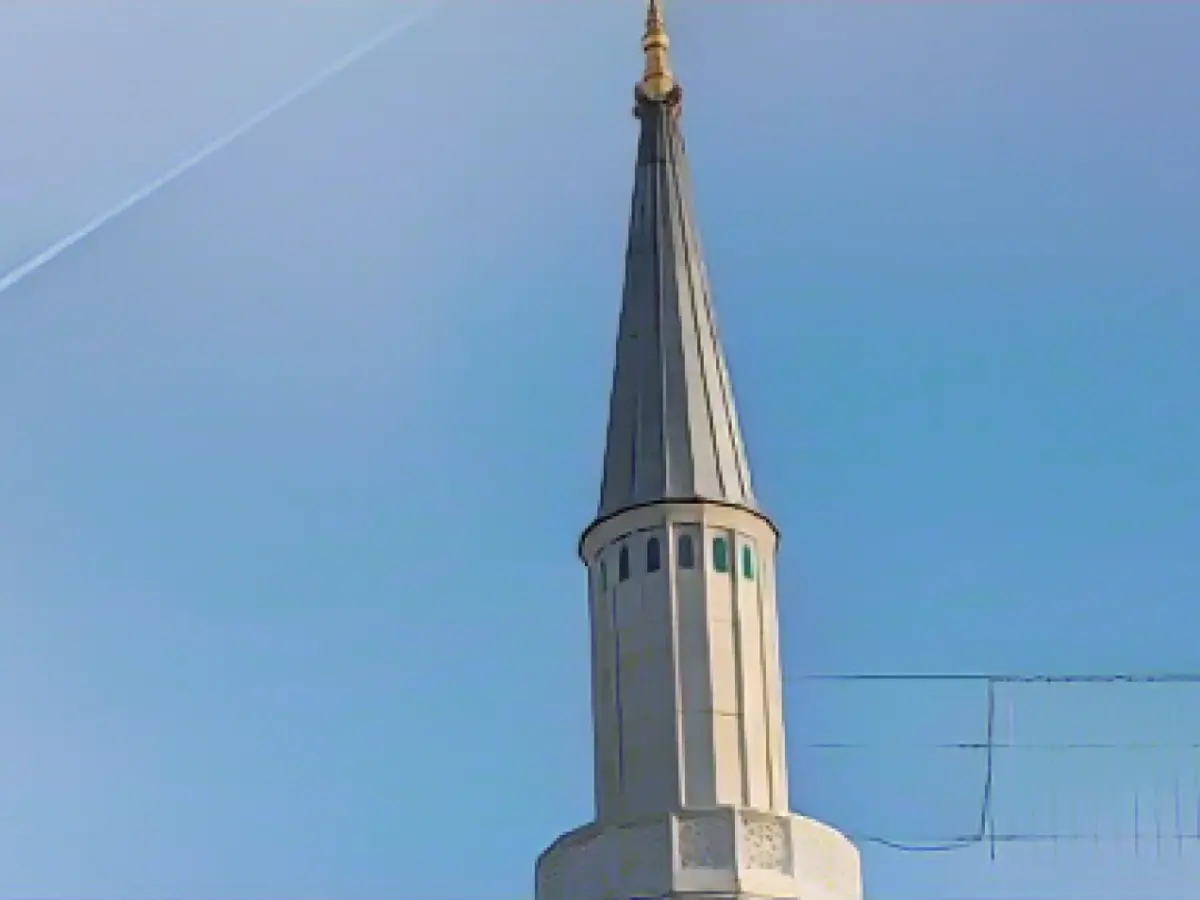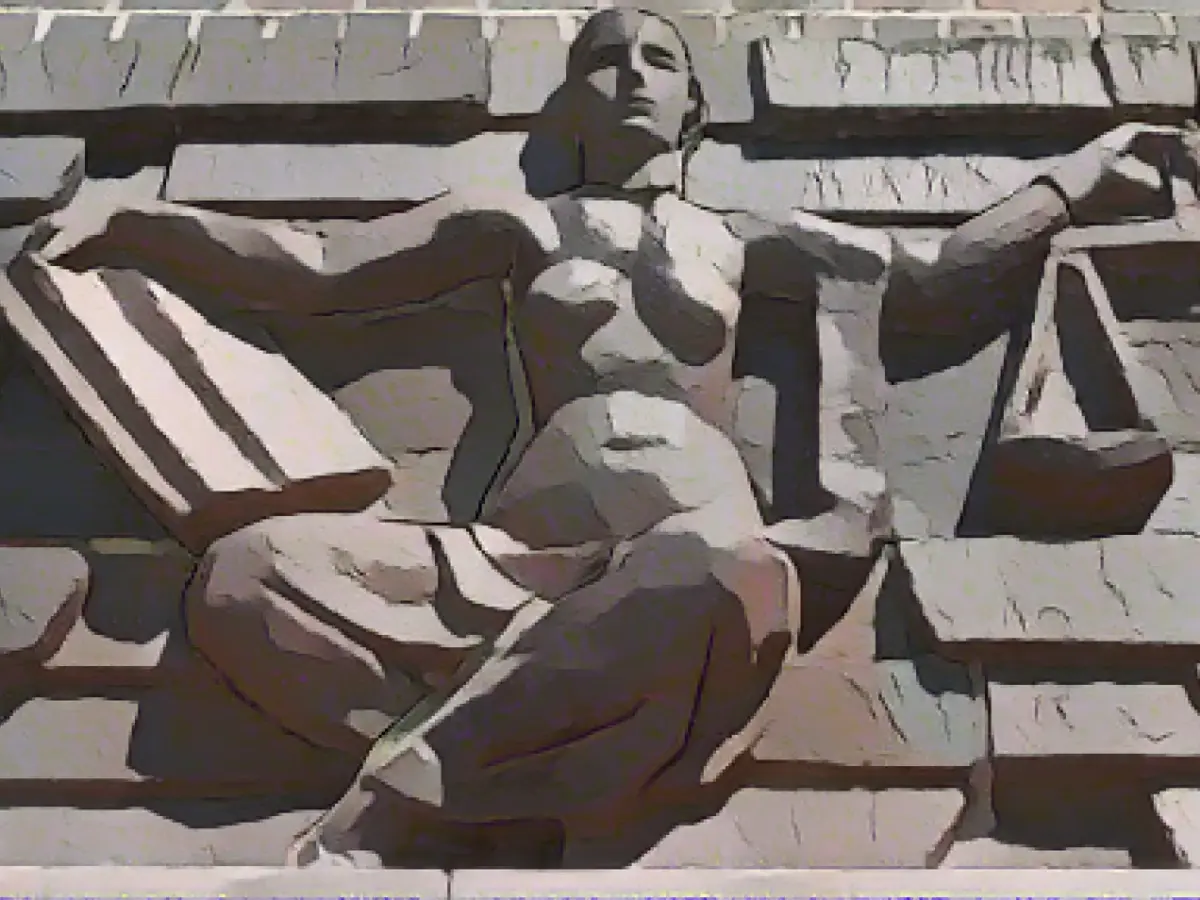Title: Germersheim Mosque Construction Denied by Higher Administrative Court
The Ditib Türkisch Islamische Gemeinde Germersheim e.V., aiming to construct a mosque in a special residential area of Germersheim, has faced a setback. The Rhineland-Palatinate Higher Administrative Court (OVG) in Koblenz upheld a decision from the Neustadt/Weinstraße Administrative Court, thereby denying the permit for the proposed mosque.
In a monitored announcement, the OVG stated that while considering the utilisational concept and sound engineering report provided by the applicant, they could not conclusively determine if the mosque construction, which is generally permitted under the German Land Use Ordinance, would be compatible with the residential use in the specific area.
A request for a building permit for a mosque with approximately 2,226 square meters of usable space, two domes, and two minarets was initially submitted to the district of Germersheim. However, the district rejected the application, leading the Ditib Türkisch Islamische Gemeinde Germersheim e.V. to file an appeal in August 2022. The Neustadt/Weinstraße Administrative Court ruled against the appeal in April 2023, and now the OVG decision is final, as there is no right of appeal to the Federal Administrative Court.
Relevance and Analysis
Local administrative courts expend significant resources addressing zoning and land use conflicts – especially when it comes to religious institutions. In this case, opposition to the mosque construction likely played a role in the OVG's decision, but specific reasons for the rejection have yet to be disclosed. Detailed information can be obtained by reviewing the actual court ruling or official statements from the court and local authorities.
Regardless, this example underscores the importance of adhering to local zoning and land use regulations when planning and constructing religious institutions.
Further Exploration
- Research various ways religious institutions can navigate the complex process of engaging local communities and addressing concerns around construction projects.
- Analyze cases from different jurisdictions to understand how local governments address conflicts related to religious land use and construction.
- Investigate potential global trends in the construction and acceptance of religious buildings, such as the rise of minarets, mosques, or other religious structures in Western countries.








